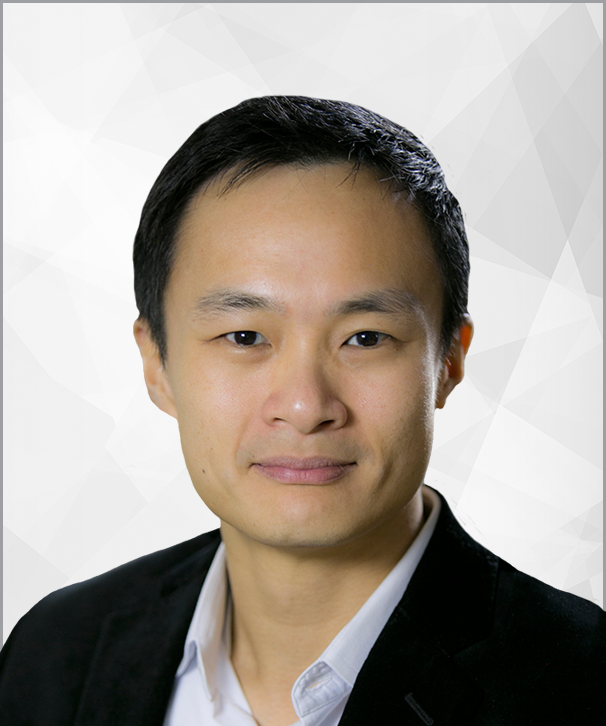 By recommendation of Paul Willard at Subtraction Capital, I reached out to Eddy Lee of Fenox Venture Capital for a brief interview.
By recommendation of Paul Willard at Subtraction Capital, I reached out to Eddy Lee of Fenox Venture Capital for a brief interview.
Eddy finished his undergrad in Electronics Engineering. After working for a few years as an engineer, he started an international PhD program through the National University of Singapore, and Université Claude Bernard (Lyon I) in Bioengineering and Medical Imaging. Then Eddy joined Stanford University and University of Queensland, Australia as a research fellow.
Spencer: “What influenced your decision to return to school for graduate degree(s)?”
Eddy: “With my undergrad in Electronics Engineering, I was giving consumers electronic products with ever increasing performance and lowering cost. My ambition to more pressing problems of consumers through early disease detection, and therapeutic technologies prompted the endeavor for a graduate degree in medical technology and devices.”
Spencer: “As I look to get a few years of work experience and return to graduate school for an MBA, what advice do you have?”
Eddy: “The MBA, as I see, is a way to rebrand oneself when one does not have any background in business. The MBA alumni network is definitely valuable. Case studies are great, but nothing beats hands on experience, and connecting with like-minded, brilliant individuals. Case in point is Gil Penchina who spent every evening attending 2 networking events per evening in the Bay Area for a year. The network of connections he generated during that time is invaluable, which he reckoned was his Stanford MBA.
“People recognize the value of the hard work and perseverance that it takes to be part of an early-stage startup.”
As far as the time between now and graduate school. If you work at a large company, there will be value in the brand recognition on your resume, and you may get some business experience. On the other hand, if you join a startup or smaller company, you will get a greater amount of responsibility and experience. It has its risks, but people recognize the value of the hard work and perseverance that it takes to be part of an early-stage startup.”
Spencer: “How did you get involved with Fenox? How did you come into contact with the founders there?”
Eddy: “Ever since 2001, I have wanted to become a venture capitalist. While at Stanford, I met many venture capitalists including members of the Fenox team. I offered technical consultancy on their due diligence of startups for a chance to demonstrate skills relevant to their work, and when a fit was found, they offered me a position. The founders of Fenox came from an engineering background which suits me well. I now head the investments in IT and Health Tech in the US and Southeast Asia. We are now on our 8th fund, most of which are 8 to 10-year funds. We give advice to our portfolio companies, and roll up our sleeves when needed on product development, supply chain management, social media strategy, and other technical needs. We like to invest in software because it is in everything from nuclear energy to wearables to medical devices. Because of our engineering background, we also feel comfortable going after hardware that has a software focus.”
Spencer: “Did you feel like it was a risk to join Fenox so early on?”
Eddy: “Definitely. I was the first employee and it’s no different than joining a seed startup. It was exciting to join so early. Because of my timing, I have been able to be more influential in the company.”
Eddy was very generous to share some of his time, wisdom, and experiences. He says at Fenox they are always looking for talented individuals to help at any of their worldwide offices.